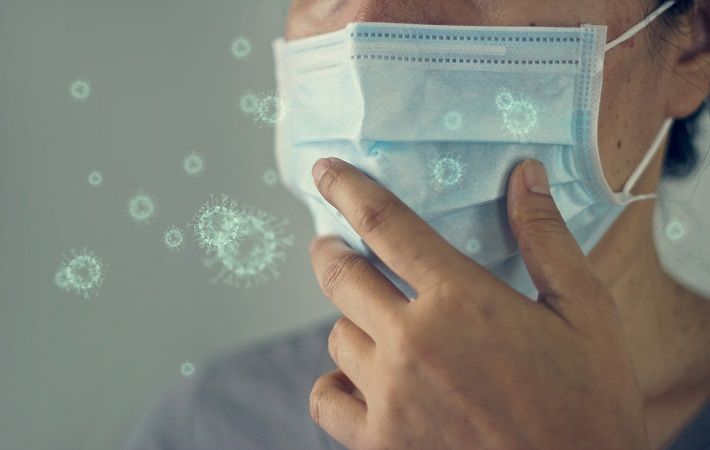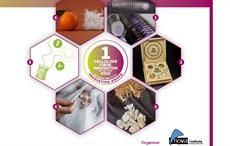
With testing continuing to put them into practical use, the team aims to gain government approval to sell the masks possibly next year, a Japanese news agency reported.
Ostriches are capable of producing several different kinds of antibody, or proteins that neutralise foreign entities in the body.
The team last year injected an inactive and non-threatening form of the coronavirus into female ostriches, successfully extracting a large quantity of antibodies from the eggs that they laid.
It then developed a special filter that is placed inside the face mask. The filter can be taken out and sprayed with a fluorescent dye containing the coronavirus antibodies from the ostrich eggs. If the virus is present, the filter will glow when shone under an ultraviolet light.
In experiments over 10 days with 32 people infected with the novel coronavirus, the team found all the masks they wore glowed under the UV light, which faded as time went by and their viral load decreased.
The team now plans to expand the experiment to cover 150 participants. The university president discovered that he himself was positive for COVID-19 after wearing one of the experimental masks and finding it glowed when checked. He confirmed his status with a polymerase chain reaction test.
The target is to make this into an easy testing kit that anyone can use, Tsukamoto said.
Fibre2Fashion News Desk (DS)

